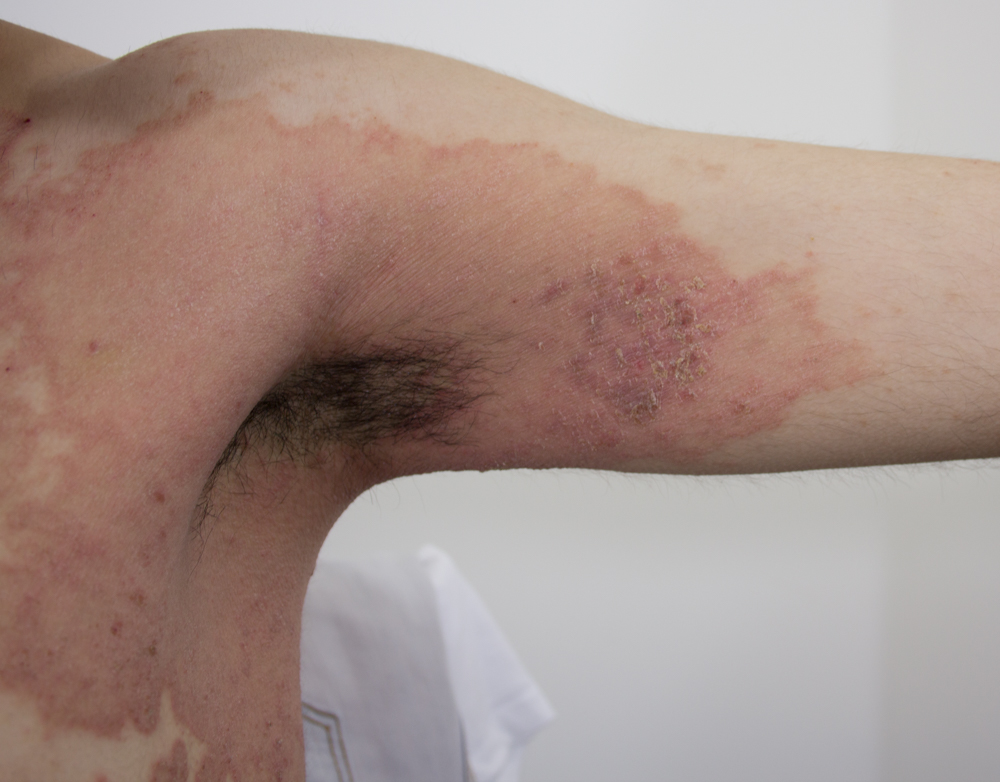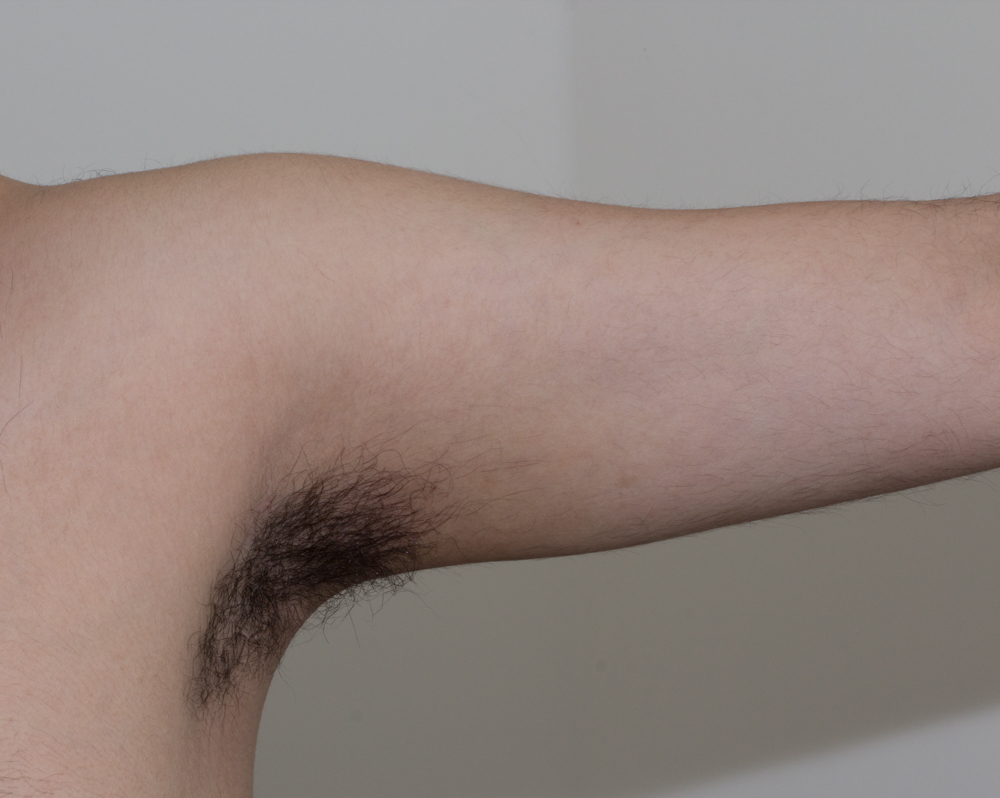Since the 1970’s the rates of atopic eczema, once considered a rare itchy skin disease, have risen by over 300%. Ultimately, this means a lot more households are having to manage someone in the family with eczema. Over the years, I have found some common misconceptions about what eczema is, and how to best deal with it. I hope you find this information useful.
Misconception #1: Eczema is contagious.
It actually sounds silly, to think that eczema could be considered contagious, but it is true – many people do.
There is nothing more saddening to me than to hear of patient’s being outcast, whether in the workplace or in the school playground, simply because they have eczema. Adding to the often intolerable burning itch that these people experience, they also face social embarrassment, isolation and a lowered self-esteem. Folks, eczema is NOT contagious. You cannot catch eczema from someone by touching them, being near them or talking to them. Eczema is often a genetically inherited problem related to an over-reactive immune system, and the people suffering with it, need your support, not your judgement.
Suicide risk for people with skin disease is actually quite a concern and may account for a significant number of the 1,000,000 suicide deaths reported worldwide every year. The emotional toll that troubled skin can take on a person cannot be underestimated. Eczema is not contagious, so please don’t be afraid. Offer those suffering with your love and empathy, as this may help to reduce the heavy load that they carry inside themselves.
Misconception #2: Vaseline is the best moisturizer for eczema.
Eczema represents a breakdown in the skin’s ability to regulate moisture and, as such, the skin may range from extremely dry, rough and cracked, to being very swollen, oozing and wet. As a general rule of thumb, thick and occlusive moisturizers, or barrier creams, are best used when the skin is on the drier side, but should be minimized when the skin is overly wet. The problem with vaseline is that it is too thick and prevents the skin from breathing in air and from venting out trapped heat and moisture, which, in my opinion, makes it a poor choice for eczema at any stage.
The best moisturizers, used at the correct time when the skin is dry and not overly oozing fluid, are ones that still allow the skin to breathe, as well as offer some nutritional benefit, which vaseline does not. Moisturizers using natural oils as the base, like shea and/ or cocoa butters, are my preferred choices.
Misconception #3: Steroid creams are the only way to manage eczema.
While steroids are good medicines, do save lives, and may prove essential for some skin flare ups, they are not the only way to manage eczema. Actually, for chronic issues, steroid creams can be a very bad choice as their well-known side effect of thinning the skin makes the skin more fragile and weak, thus increasing the incidence and severity of eczema. Such things as the ‘rebound effect’, which is when the skin flares up (possibly worse than before) after a steroid is suddenly stopped, is another all too real and common side-effect of steroid dependency.
Another option for the management of eczema are herbal medicines, preferably those prescribed by someone competent in the treatment of skin disease (As is the case with many hospital settings all over the world. In the dermatology ward in China where I trained, it was easy to see 60+ people per day, all suffering with skin disease and all being treated with herbal medicines). If used appropriately, minimal side-effects may be experienced and, most importantly, the skin may remain stable long after the herbal medicines have been stopped.
For example, I once had a patient with terrible eczema (see pictures below), which covered most of his body. He suffered with severe itching that would keep him awake for hours upon end. He was flustered, socially embarrassed, and very uncomfortable. Considering all this, he had never used steroid creams ever in his entire life and it was purely the work of herbal medicines that eliminated his eczema. Herbal medicines proved extremely beneficial to this man and he is forever grateful (as are his parents to finally see their son with good health). Even after herbal treatment had stopped, his skin has remained mostly stable.
Atopic eczema before treatment
Atopic eczema after treatment with herbal medicines
Wishing you good health,
Dr. Trevor Erikson


